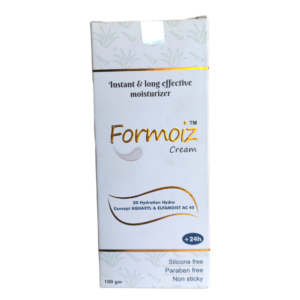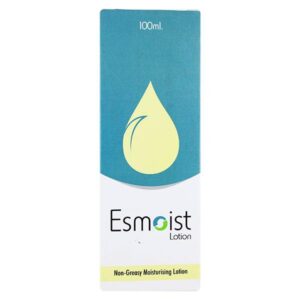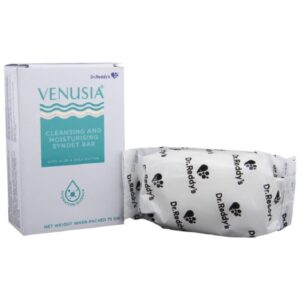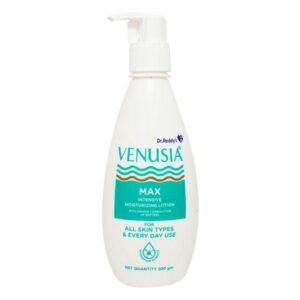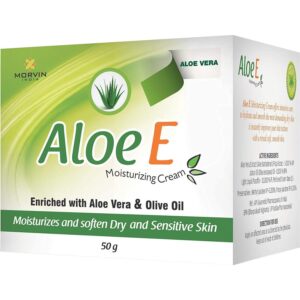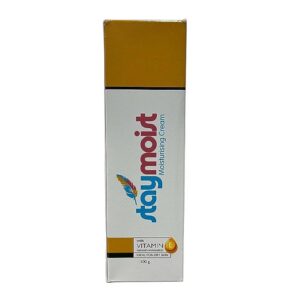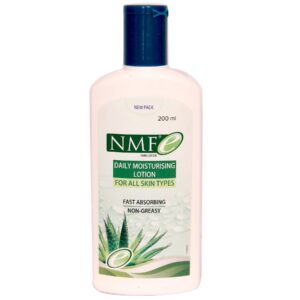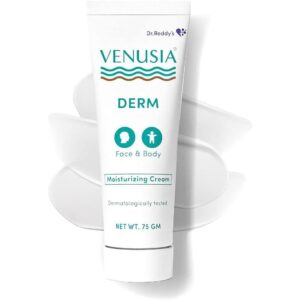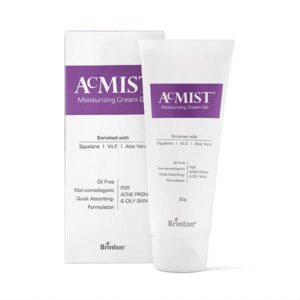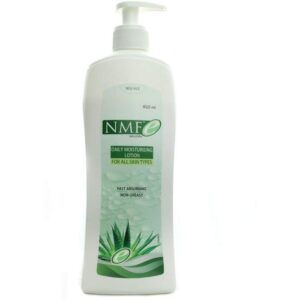ALOE VERA + VITAMIN E
Aloe Vera: Aloe Vera is a medicinal plant known for its therapeutic properties. The gel extracted from its leaves is commonly used in various forms, including creams, gels, and juices. It has been used for centuries for its healing and soothing properties.
Aloe Vera is primarily used topically to treat skin conditions such as sunburns, minor burns, wounds, and insect bites. Its gel forms a protective layer on the skin, promoting healing and reducing inflammation. It also has moisturizing properties, which can help improve skin hydration and reduce dryness.
The exact mechanism of action of Aloe Vera is not fully understood. It is believed to work through a combination of anti-inflammatory, antimicrobial, and antioxidant effects. The gel contains various compounds such as polysaccharides, vitamins, enzymes, minerals, and amino acids, which contribute to its therapeutic properties.
For topical use, Aloe Vera gel can be applied directly to the affected area. It is available in the form of gels or creams and can be used multiple times a day as needed. It is generally well-tolerated, but it is advisable to do a patch test on a small area of the skin before applying it liberally.
In rare cases, Aloe Vera can cause skin irritation or allergic reactions. Some individuals may experience a mild burning or stinging sensation upon application. If any adverse reactions occur, it is recommended to discontinue use.
Despite its potential benefits for topical application, consuming Aloe Vera orally can have potential side effects. When ingested in large amounts, Aloe Vera juice or supplements may cause diarrhea or abdominal cramps. It is important to follow the recommended dosage and consult a healthcare professional before using Aloe Vera internally.
Overall, Aloe Vera is a natural remedy widely used for its soothing and healing properties. However, it is essential to use it as directed, verify the product’s purity, and consult a healthcare professional if you have any concerns or specific medical conditions.
Vitamin E: Drug: Vitamin E
Use: Vitamin E is a fat-soluble vitamin that plays a crucial role in maintaining the health of various body tissues. It is primarily used as a dietary supplement to treat or prevent vitamin E deficiency. Additionally, it is used for its potential antioxidant properties and anti-inflammatory effects. It is sometimes used topically for skin conditions such as scars and wrinkles.
Mechanism of Action: Vitamin E works as an antioxidant by neutralizing free radicals, which are highly reactive molecules that can cause cellular damage. It protects cell membranes and DNA from oxidation, thus preventing oxidative stress. Vitamin E also has anti-inflammatory properties that can help reduce inflammation throughout the body.
Dose: The recommended daily allowance (RDA) for vitamin E varies depending on age and gender. The RDA for adults is usually around 15mg to 20mg per day. Higher doses may be recommended for specific conditions under medical supervision. Vitamin E is available as oral supplements in various forms such as capsules, tablets, and oils. The topical formulation can be applied directly to the skin.
Side Effects: Vitamin E is generally safe when taken within the recommended dosage. However, high doses (above 400mg per day) of vitamin E supplements can increase the risk of bleeding, especially in people taking blood-thinning medications. Some individuals may experience gastrointestinal symptoms, such as stomach cramps, diarrhea, or nausea when taking high doses. It is important to consult a healthcare professional before starting vitamin E supplementation, especially for individuals with certain medical conditions or taking other medications.

